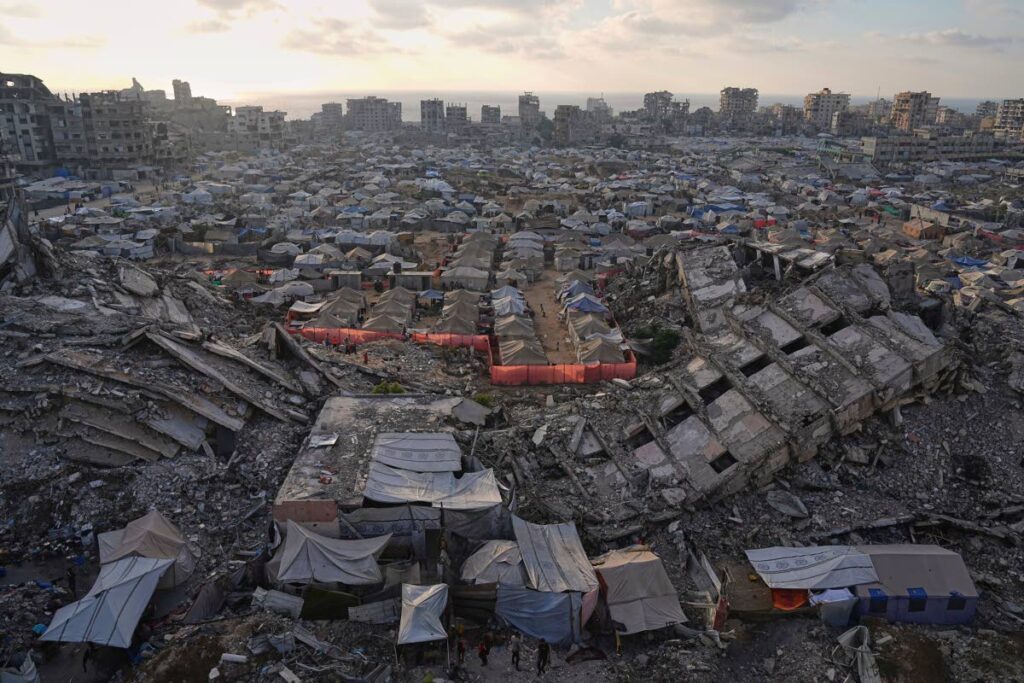The World Health Organization’s (WHO) report on Gaza, released on October 2, paints a grim picture of the humanitarian crisis unfolding in the region. Over two years of relentless conflict have left Palestinians grappling with severe injuries, inadequate healthcare, and widespread devastation. The report highlights that 42,000 Gazans are living with life-altering injuries, including damage to the face, eyes, head, limbs, and spinal column, with many suffering from thermal burns. The WHO has recommended medical evacuations for specialized treatment outside Gaza, but the feasibility of such measures remains uncertain due to ongoing restrictions on humanitarian aid and the blockade of essential supplies.
Pregnant women in Gaza face dire conditions, giving birth to premature and underweight babies outside healthcare facilities. Even if these children survive, they are likely to inherit the biological scars of war, with environmental factors such as exposure to toxic chemicals, malnutrition, and psychological stress altering their genes. This phenomenon, observed in the descendants of Holocaust survivors and Vietnamese children exposed to Agent Orange, underscores the long-term impact of conflict on future generations.
Despite the overwhelming challenges, global citizens continue to advocate for Palestinian rights. Recent protests in New York and across Europe have called for a permanent ceasefire, the release of detained activists, and an end to the transfer of arms to Israel. The Global Sumud Flotilla, named after the Arabic word for resilience, symbolizes the steadfastness of Palestinians and the international community’s commitment to their cause.
As the world watches, the question remains: how will Palestinians rebuild their lives amidst the ruins? Their infrastructure, healthcare systems, and schools have been destroyed, and the psychological trauma will require extensive rehabilitation. Yet, the resilience of the Palestinian people serves as a powerful reminder of the human spirit’s capacity to endure and fight for justice.
